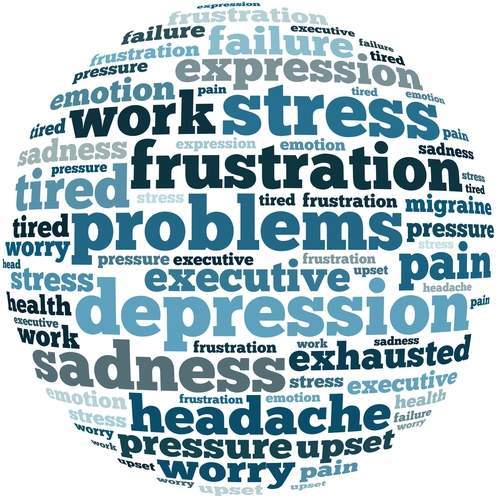
Is suffering necessary?
Sure, it can even be a pleasure to some degree.
No suffering, no joy.
In Buddhism, suffering is an existential part of life, if you look at the Four Noble Truths.
And suffering can be on a physical level, but most suffering happens in our psychology.
And suffering always has a cause!
Dissatisfaction, emotional distress, a broken heart, burnout, inner conflicts, no purpose in life, and loneliness are just a few.
So there is a reason why we suffer. And we all experience our suffering differently.
Changes in all areas are related to suffering, or the attempt to avoid suffering, often enough leading to even more suffering. From economy to inventions and personal changes…all related to suffering.
Threw suffering, we can also learn and grow.
The good news, though is that all suffering has an end!
And we can do something about our personal suffering. A lot!
Most suffering originates from just 2 factors.
Our tendency to attach to people and things, and our desires.
Just feel into the thought of not wanting or needing anything or anyone. Just for a moment.
Close your eyes and breathe a few times deeply and feel. Feel the peace that comes over you.
If you feel anxiety instead, you might want to explore further what desire or attachment creates this anxiety. There may be a few things in your life that you believe you need or desire that cause not only anxiety but also your greatest suffering.
We tend to blame external sources for our personal suffering, sure that may be true in some cases, however, more often it was our choice to suffer, making it our own responsibility to change the factors that make us suffer, or continue to suffer.
It’s similar to physical pain, how much we can suffer before we either break down, die, or change.
On a scale from 1 to 10, and 10 as the worst level of our suffering, we all set a different level at which point we do either.
Some might even get attached to their suffering as it brings some advantages, like attention from others, so-called secondary gain.
We all suffer to some degree! Yet it is not a competition to see who suffers the most, nor can you earn medals for suffering the most.
Yet again, suffering is an existential part of life, and the way we suffer is a personal choice in many cases.
The way out of suffering in Buddhism is called the Noble Eightfold Path, and while the practice itself may be foreign and strange to the Western mind, in essence, it can help us too when the principles of the Noble Eightfold Path are translated into techniques more close to us. For example, like this:
1. Right Understanding means conscious awareness or accurate perception
See the world clearly; understand how your beliefs, patterns, and projections shape your reality.
2. Right Thought means intentional thinking and empowering beliefs
Think in a way that aligns with your higher values. Let go of limiting beliefs and cultivate thoughts that create inner peace and possibility.
3. Right Speech means conscious communication and authentic expression
Speak with integrity. Choose words that uplift, heal, and create connection.
4. Right Action means aligned behavior and ethical living
Live in integrity with your values. Make choices that feel right in your body, heart, and soul.
5. Right Livelihood means purposeful work and conscious contribution
Do work that supports life, not just income. Serve in a way that feels meaningful, ethical, and generative.
6. Right Effort means disciplined growth and energy management
Be consistent in your personal growth. Invest energy where it matters, for healing, clarity, and awakening.
7. Right Mindfulness means awareness and inner observation
Stay aware of your moment-to-moment experience without judgment. Observe your mind like a compassionate witness.
8. Right Concentration means deep focus and a state of flow
Train your attention. Enter states of deep focus where transformation and insight naturally arise.
There are western-style techniques that I teach you for each of the individual paths, and can be booked via.
Lets-Talk about it
Namaste
Stefan




